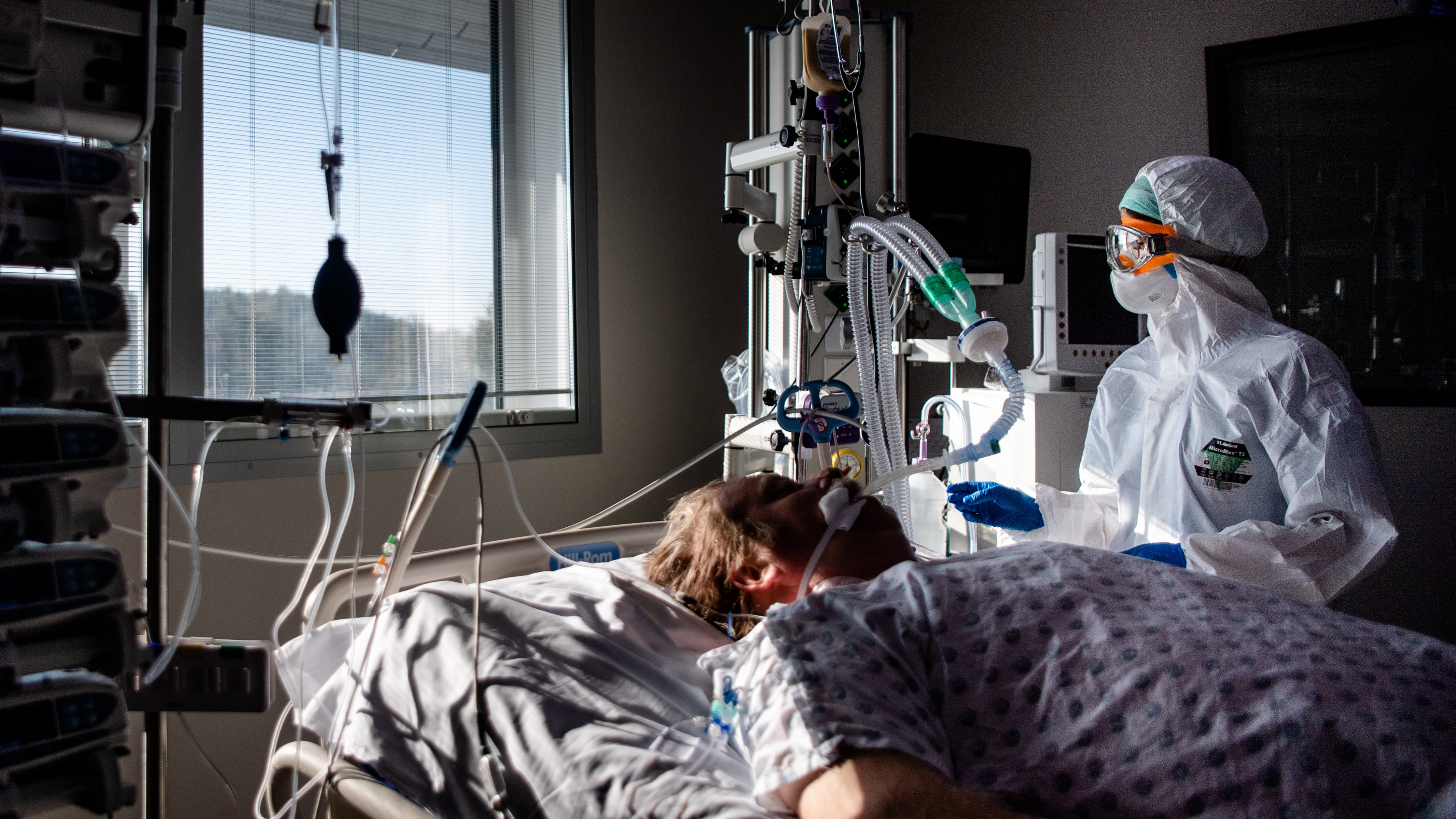How Belgium succumbed to the highest Covid death rate in the world
Regional divisions and flawed reporting of deaths put EU nation at the top of the table nobody wants to lead

A free daily email with the biggest news stories of the day – and the best features from TheWeek.com
You are now subscribed
Your newsletter sign-up was successful
As Covid cases spiralled around the world, attention focused on the UK’s high death toll, the inaction of Donald Trump in the US and Jair Bolsonaro’s controversial claims in Brazil.
But all the while, deaths were quietly creeping up in Belgium, the home of the EU’s institutions, which has now reported almost 757,000 cases and 22,000 deaths, the worst Covid death rate in the world.
Belgium has recorded 192.22 deaths per 100,000 people, according to John Hopkins University, second only to San Marino, the tiny microstate of 33,000 residents, which has reported just 73 deaths during the entire pandemic.
The Week
Escape your echo chamber. Get the facts behind the news, plus analysis from multiple perspectives.

Sign up for The Week's Free Newsletters
From our morning news briefing to a weekly Good News Newsletter, get the best of The Week delivered directly to your inbox.
From our morning news briefing to a weekly Good News Newsletter, get the best of The Week delivered directly to your inbox.
The country was hit hard by two waves of coronavirus, with Health Minister Frank Vandenbroucke warning in October last year that the country was facing a “tsunami” of infections after having “lost control” of the virus.
Belgium “is one of Europe’s most densely populated countries and is a crossroad of cultures at the centre of the EU”, the New Statesman (NS) says, but “this doesn’t entirely explain the problem”.
The country is often referred to as “a country in name only”, having been federalised into three distinct regions: Dutch-speaking Flanders, French-speaking Wallonia and the mostly Francophone Brussels. These regions split in their response to Covid due to “a lack of trust and coordination between different regions and cultures”, the magazine adds.
As Brussels and Wallonia enacted shutdowns, Flanders - where many of Brussels workers live - remained open. The pandemic response was brought under the jurisdiction of the central government only in October, when a full lockdown was announced.
A free daily email with the biggest news stories of the day – and the best features from TheWeek.com
This “overcomplicated bureaucracy and muddled public messages” both contributed to an inability to suppress the virus, Axios reports, although the country’s unique way of recording Covid deaths is also a contributing factor to its high death rate.
“Belgium’s tally includes suspected Covid-19 deaths in facilities such as nursing homes, even without a positive test”, the site adds, “which authorities have cited as one reason the country’s death rate is so high”.
This method of recording deaths means that more than 50% of registered Covid fatalities in Belgium “are deaths that have not been confirmed by diagnostic tests”, epidemiologist Yves Coppieters told The Brussels Times. “These are possible cases but have been reported as Covid-19 related deaths.”
The country’s “surveillance system was not ready” quickly enough, Coppieters added, meaning it “was quickly overwhelmed at the beginning of the outbreak”. This caused the country to include “a large number of deaths” not necessarily linked to Covid as “it made counting easier”.
Belgian regulators have advised against giving the Oxford-AstraZeneca vaccine to over-55s, in a move that will also slow down the country’s stuttering jab rollout. The country has so far administered just 688,160 doses, according to Oxford University tracking, representing 5.9 jabs - including second vaccinations - per 100 people.
Joe Evans is the world news editor at TheWeek.co.uk. He joined the team in 2019 and held roles including deputy news editor and acting news editor before moving into his current position in early 2021. He is a regular panellist on The Week Unwrapped podcast, discussing politics and foreign affairs.
Before joining The Week, he worked as a freelance journalist covering the UK and Ireland for German newspapers and magazines. A series of features on Brexit and the Irish border got him nominated for the Hostwriter Prize in 2019. Prior to settling down in London, he lived and worked in Cambodia, where he ran communications for a non-governmental organisation and worked as a journalist covering Southeast Asia. He has a master’s degree in journalism from City, University of London, and before that studied English Literature at the University of Manchester.